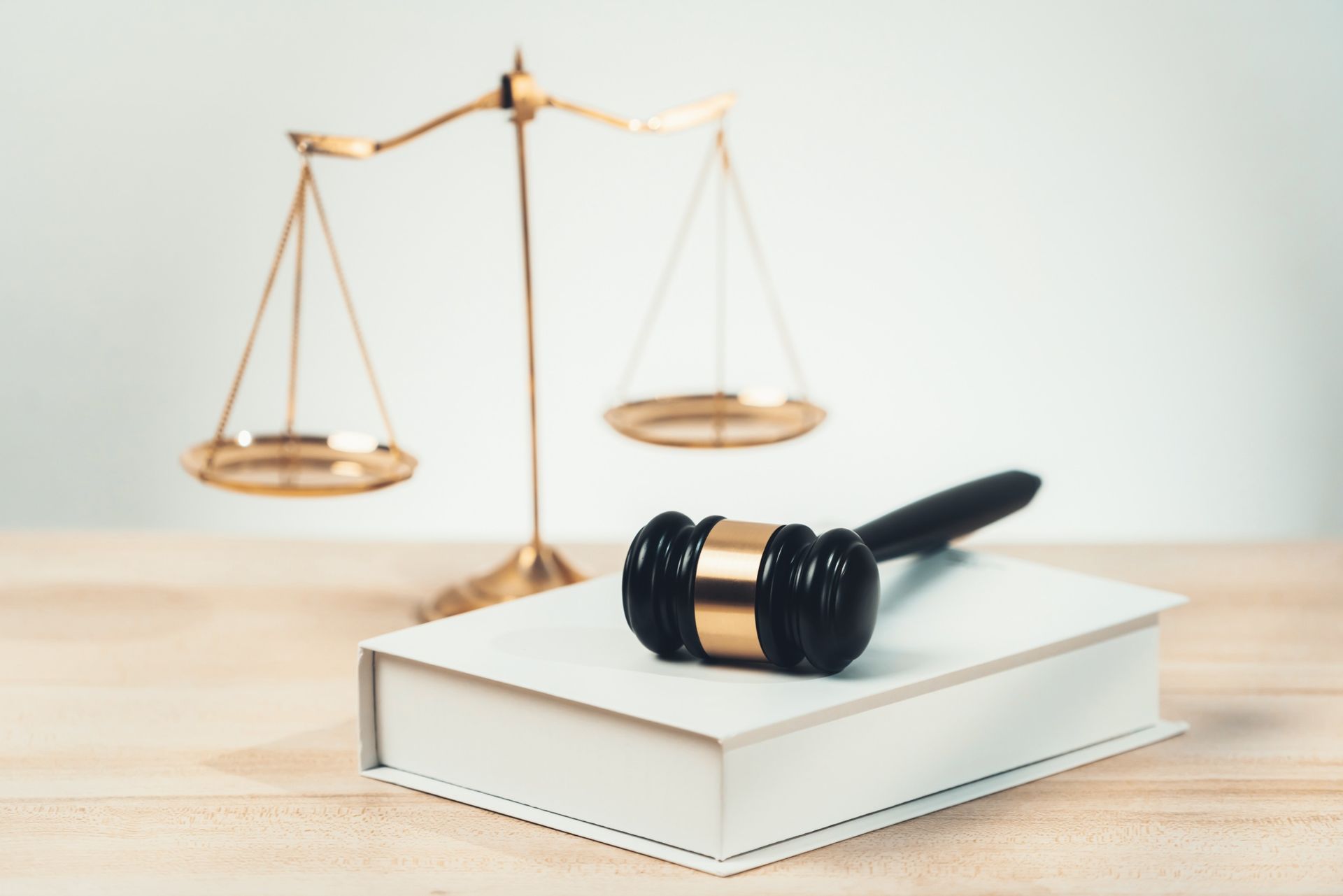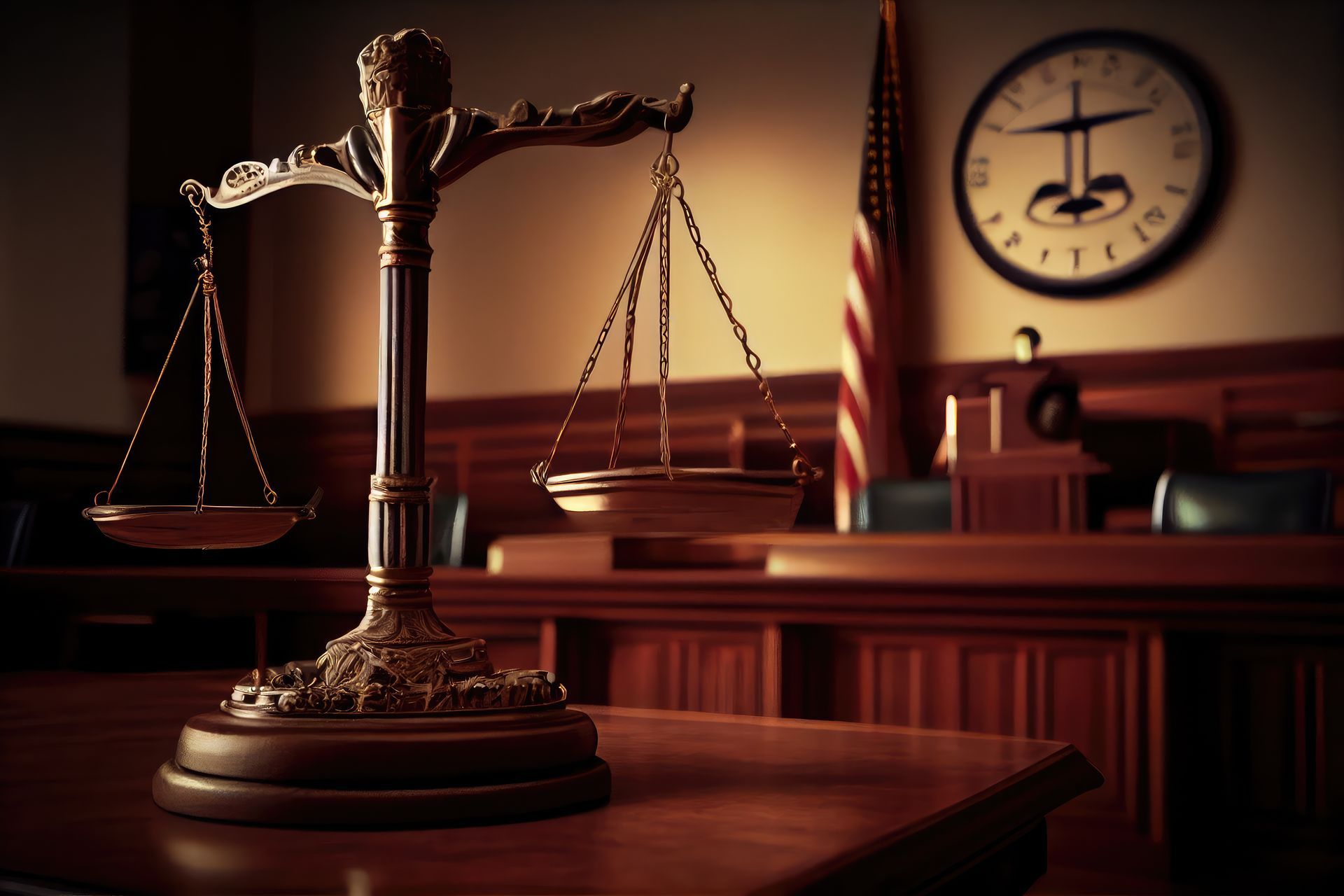Contact Us
Phone: 718-831-6508
Location
675 3rd Ave #1810
New York, NY 10017
Hours
- Mon - Fri
- -
- Sat - Sun
- -
When Is Unequal Pay Illegal?
We’ve all seen the ongoing issues of pay disparities – particularly between men and women as well as members of different ethnicities. For example, the U.S. Equal Employment Opportunity Commission (EEOC) recently sued a bank in Mississippi in 2021 for paying a female manager less than males in that same manager role.
As the date of this filing shows, the truth is that this unfortunate practice is still a real problem many people are facing. The question you need to ask yourself is, “When is unequal pay illegal?”
We will explore the answer to that question in this post. Hopefully, it can show you whether this is something you may be dealing with at work in New York – and whether you should pursue legal action in response.
Federal Pay Laws
First made law all the way back in 1963, the Equal Pay Act (EPA) is enforced by the EEOC. In short, the act requires equal pay for equal work whether you are a man or a woman.
This was the first of several sweeping changes in the law going beyond man/woman pay discrimination.
In 1964, several additional acts were passed:
- Americans with Disabilities Act (ADA)
- Age Discrimination in Employment Act (ADEA)
- Genetic Information Nondiscrimination Act
When combined with the EPA, strong prohibitions were put in place regarding equality of pay. Employers cannot pay less or unequally to people based on their race, ethnicity, religious beliefs, biological sex, pregnancy status, gender identity, age, disability, or any other genetic factor.
Discovering a Pay Problem
Most people working in the U.S. already understand the strange taboo about discussing how much you make. The reality of this dynamic is often bad news for workers.
From a straightforward employer perspective, keeping salaries secret helps companies save money. They can provide salaries at arbitrary levels and keep employment costs low for their staff. They achieve this by fostering an environment where it is forbidden or uncouth to openly discuss how much you make.
Unfortunately, this can also perpetuate issues in discriminatory pay. If no one is talking about their pay, it can be tough to recognize that you are being discriminated against.
Legality of Pay Differences
So, what should you do if you realize that you’re being paid unequally? Your first order of business is to determine if the pay discrepancy is actually illegal.
Remember, the various equal pay acts make it illegal to offer differing pay based on multiple factors like sex, gender identity, disability, and religious beliefs. But there are several criteria employers can use to justify differences in pay – even for the same position.
For instance, many states allow employers to scale pay differently using the following criteria:
- Seniority in the company (more years = potentially better pay)
- Systems that measure your output or the quality of your work
- General merits in your daily performance
Businesses will attempt to use these factors to justify inequality in pay. And depending on the circumstances, they may be protected from litigation.
Understanding Your Local Laws
The majority of this post outlines the issue based on the laws and regulations at a federal level. Although federal law is supposed to supersede any state laws, that may not change your experience in New York.
Check how local laws and regulations handle situations of pay discrepancy or unequal pay. Even better, seek out a local attorney experienced in unequal pay and other forms of workplace discrimination. They can show you exactly where your case stands and whether you ought to pursue further legal action.
Talk to a Discrimination Attorney Today
As you can see, the problem of unequal pay proliferates in the darkness. Employers want to keep wage discussions quiet to save money. And they can leave some people with illegally unequal pay through this same channel of darkness.
Are you experiencing workplace discrimination issues such as unequal pay? If so, you’re not alone and you have options available to you.
You don’t need to tolerate this type of workplace dynamic if you’re experiencing it. You can do something about it and make a positive change for you and possibly others.
Talk to our team of experienced attorneys today. We can review your case and help you understand the best course of action for you to take.
Don’t let this problem continue to affect you. Speak with us today to get a firm footing on what you need to do and how we can fight back for you.


Schedule a Case Evaluation
Contact us now!
Homepage FCE Form
We will get back to you as soon as possible.
Please try again later.
By submitting this form, you agree to be contacted by our law firm, either by phone, text or by email.
Practice Areas
Hours
- Mon - Fri
- -
- Sat - Sun
- Appointment Only
Late Nights Appointment Only
Contact Information
Phone: 718-831-6508
Call to Speak to An Agent 24/7
Book Your Free Employment Law Consultation
675 3rd Ave #1810
New York, NY 10017
Disclaimer: The information on this website is for general information purposes only. Nothing on this site should be taken as legal advice for any individual case or situation. This information is not intended to create, and receipt or viewing does not constitute an attorney-client relationship.
All Rights Reserved | LAWYERFORWORKERS | Powered By Convert It Marketing | Privacy Policy
All Rights Reserved | LAWYERFORWORKERS | Powered By Convert It Marketing | Privacy Policy









